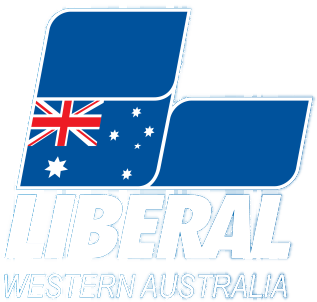The resounding No vote in Saturday’s referendum is not cause for celebration.
This applies not only to those who voted and campaigned for the Voice, but for the majority such as myself who voted No.
Sadly, for many Australians, 2023 has been the year where families, friends, and colleagues were pulled apart by the opposing sides of a bitter debate.
And while the country dusts itself off, it would be naive to pretend that this separation will not be a long one, or in some cases even permanent.
This concern for the wellbeing of our nation – comprised as it is of the families, friendship groups, and workplaces where this debate has taken place just as forcefully as on television and in the newspapers – was at the heart of Opposition Leader Peter Dutton’s warning that this was a referendum that had already divided Australians.
But Anthony Albanese, pumped up by a narrow circle of advisers and advocates, and desperate for his own Wattie Creek or Redfern moment, ploughed on with Saturday’s vote regardless.
In doing so, he fractured Australia.
Despite claiming the referendum was about an “idea” and not an “individual”, it was the Prime Minister whose actions led directly to this point.
It was Anthony Albanese who alienated any chance of the referendum’s success by refusing to hold a constitutional convention – a significant break from precedent.
It was Anthony Albanese whose hand-picked referendum advisory council contained activists whose divisive agenda made a proposal the public could embrace impossible.
It was Anthony Albanese who refused to disclose details about how the Voice would work, including information as basic as the extent of its powers and composition. Those wishing to appropriately inform themselves were denigrated as “fearmongers”.
Taking advantage of the nationwide support for constitutional recognition and closing the gap, the Prime Minister politicised a universal sentiment by insisting that the only road to these goals was through his rushed and secretive proposal.
The rejection of Labor’s Voice was particularly emphatic in WA.
Only two of the State’s 15 Federal electorates voted Yes, and one of those – Curtin – could return a final vote of No as the counting of postal votes is finalised.
Nor were Indigenous communities unanimous in their support for the Voice.
The Pilbara, Kununurra and Derby, where Indigenous disadvantage is at its most acute, voted in line with the national trend.
These results should give us hope that support for a colourblind Constitution is felt across the country, irrespective or origin or ethnicity.
I said October 14 was no cause for celebration for No voters.
It is, nonetheless, a source of relief.
It is a relief for those who never wavered in their conviction that the Australian people possess a collective judgment based on fairness and common sense.
It is a relief that, after a campaign funded by the country’s biggest companies, supported by public broadcasters, major sporting codes and universities, the spirit of independence and a scepticism of authority remain alive among Australians.
It is a relief for those who, recognising the Australian Constitution as the bedrock of the free and stable country we have inherited, know it cannot be bought, or altered on the basis of a vibe.
Finally, it is a relief for those who believed that, after quietly shaping our country’s fortunes for more than a century, the Constitution can continue to do so free from the shadow of racial division.
Now the work begins.
As Peter Dutton said this week, the Coalition remains committed to a royal commission into child sexual abuse in Indigenous communities, and an audit into spending on Indigenous programs.
My Coalition colleagues and I also remain committed to the constitutional recognition of Aboriginal and Torres Strait Islander people.
But we believe this can, and will, be done in a way that unifies the country and affirms our civic equality.
As I said in my speech to the Senate opposing the Voice back in June: There is no shame in defeating a bad idea but only if there is a resolution to soldier on and find a better way, a way born from genuine co-operation and that will enjoy the widest possible community endorsement.
It is a promise I and my colleagues have every intention on following through with.
